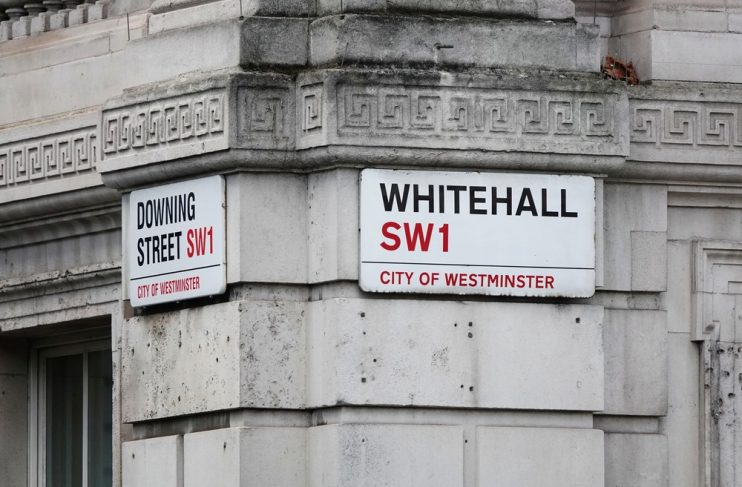You are probably already aware that the Chancellor announced numerous significant changes on Friday, many of which will benefit small businesses, including abolishing the recent Off Payroll Working reforms. It is great to know that the lobbying has finally paid off.
From April 2023, workers, rather than businesses or public authorities, will once again be responsible for determining their employment status and paying the appropriate amount of tax and national insurance. At Competex, we have been helping our clients with IR35 payroll submissions for over 20 years and we look forward to assisting many of our clients with this again next year.
Speaking about IR35, the Chancellor said:
“To achieve a simpler system, I will start by removing unnecessary costs for business. We can also simplify the IR35 rules, and we will. In practice, reforms to off-payroll working have added unnecessary complexity and cost for many businesses. So as promised, by the prime minister, we will repeal the 2017 and 2021 reforms. Of course, we will continue to keep compliance closely under review.”
“The changes will free up time and money for businesses that engage contractors, that could be put towards other priorities. The reform also minimises the risk that genuinely self-employed workers are impacted by the underlying off-payroll rules”.
The announcement means that IR35 will still exist but the liability for determining the status of the role will revert to you. It is suggested that there will be further simplification to the old rules. We will keep you informed as and when further details emerge.
Here is a summary of the other key changes:
– Corporation tax will remain at 19% and not rise to 25% in April 2023
– Basic rate of income tax reduced from 20% to 19% from April 2023 (income up to £50,270)
– National insurance increase of 1.25% scrapped from 6 November 2022
– Dividend tax rates to revert to the old rates of 7.5% and 32.5% from April 2023
– Additional rate of tax on dividends abolished from April 2023 (highest rate will be 32.5%)
– Stamp duty threshold increased from £125k to £250k (first time buyers up from £300k to £425k)
No changes have been announced to the tax or national insurance thresholds, therefore the salary level recommendations previously made for 2022/23 remain unchanged.
Further information can be found in the budget bulletin from ACCA.

